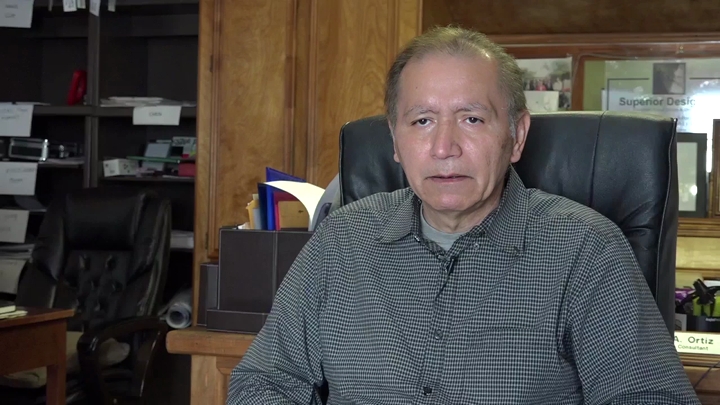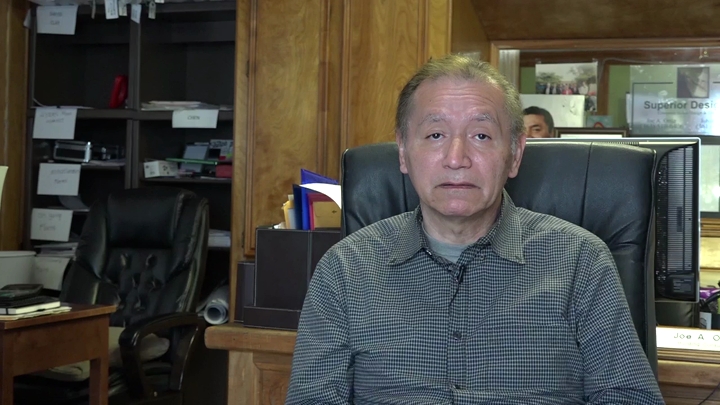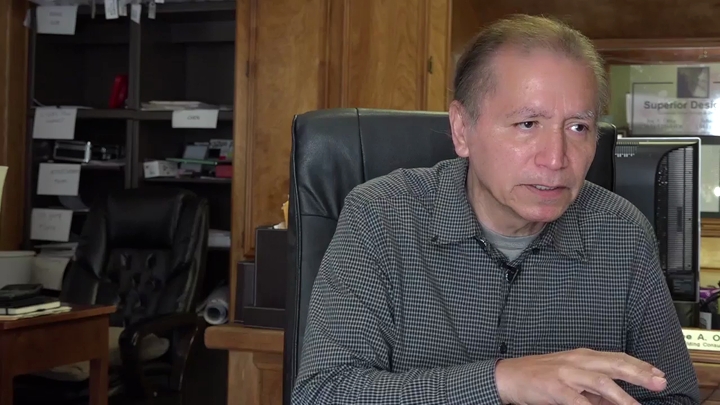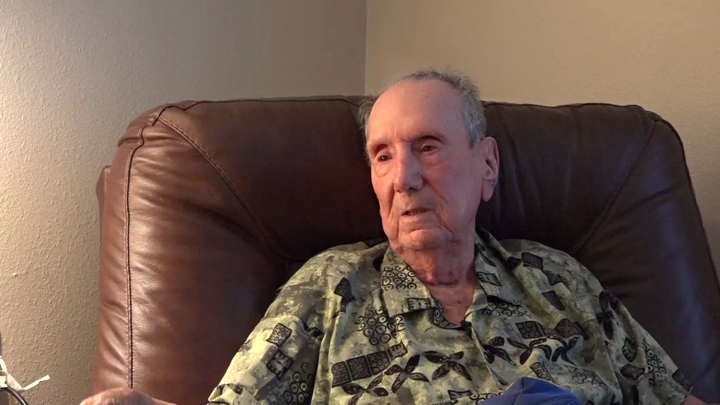Payne / Race Matters
sign up or sign in to add/edit transcript
Interviewer: I think one thing we haven’t talked about much is your current work. I’d love to know how your experiences growing up, your encounters with segregation, what your family taught you, all of your experiences growing up here influences the work you do today? Payne: One of the things I think that people underestimate is the significance of race in juries. I thought for a long time that when you got to the courthouse, that race didn’t really matter. I was grossly mistaken. I try lawsuits now, I try a lot of lawsuits and I can tell you 70 percent of the times, the jury decision, before the decision comes out when they’re deliberating is right down racial lines. The blacks vote one way and the whites will vote another. If you go into that courtroom and think that race does not matter, you are going to lose the case. Race matters. Period. I know that. I understand that, and I need to deal with that, because if I don’t deal with that I’ve got a ninety percent chance of losing. One day I walked in and I really thought that it didn’t matter and then when it did matter—let me start over. One day I came in and I didn’t think it mattered. I had a case involving an accident, involving a truck guy and I thought the case was so good that there was no way I could lose the case. Sure enough, I had four blacks, eight whites on the jury. We wind up having no verdict and I finally found out it went right down racial lines. The whites wouldn’t support the verdict. The blacks wanted to support the verdict. I had a black client and I’m sitting here going the case was perfect, what did I miss? I forgot race. I just forgot about—I thought it was so good that race wouldn’t matter. That was my mistake. That was my mistake. Race matters. Unless you understand that and appreciate that, you’re going to have some very significant difficulties in our justice system. I can tell you that because when people think you “pick” a jury, you don’t really pick a jury. You strike a jury. If you look at the strikes, who strikes what side, most of the time it is based on race. You get a plaintiff who is a black person who is asking for money and you get a jury panel of twenty-four people. Who’s on the defense side, they’re going to strike all the blacks. Now there’s a way to challenge that, it’s called the Batson challenge, but very seldom do you win those Batson challenges. The strikes are based on race and you’re saying but I’m in the justice system where everything is equal. Lady justice is blind and if you forget that you won’t be successful. Interviewer: I think that’s a really valuable piece of information and I’m curious about your thoughts on so many correctional facilities in this part of Texas and maybe in Texas generally, and generally how that relates to it? Payne: You know the pipeline, as statistics would show, that they start making pipeline of prisons—at the age of third grade or fourth grade, they start building prisons based on the demographics at that age. To me, we have got to start changing that infrastructure. The fact that you have so many prisons in this area that it creates a visual mindset that that’s where I’m headed. We talk about that one third of African American males by the time they are twenty-five will be dead, jailed, or incarcerated, but we don’t talk about the two thirds. We only talk about the one third. People look at me now, in the job that I’m in right now and they say well you’re an exception to the rule. If there are two-thirds of us, I’m not the exception. Those who are incarcerated, dead, or in jail, they’re the exception. I’m in the majority, but we don’t focus on that and I think it creates a false sense of opportunity for a lot of our young kids. That they feel as though they are not doing certain careers, sports, drugs, whatever, they never have the opportunity to sit at the seat in which I’m sitting in and I think that’s a very bad misconception and that’s a very bad picture to paint for our young people. I do talk to some of the kids who are in the juvie halls and things of that nature and when I go there, they’re all black and Hispanic, 95 percent of them. I’m going wait a minute, you can’t tell me that a community that’s 25 percent or 30 percent or 40 percent minority, we do ninety percent of the bad stuff. Apparently, we’re the only people that get incarcerated or put in juvie hall and you have to ask yourself how is that possible? When we represent 13 percent of the general population and seventy four percent of the drug arrest. Something statistically about that doesn’t seem to jive. Well if the people who are making those decision still not seeing justice as blind and the people who are making the decision to incarcerate those people are still looking at race, it’s not hard to figure out how it continues, that cycle continues. The person, once they get in the system, it’s so hard for them to get out because now the ways the laws are set up. I get to talk about your past criminal record and when you come to court you’re in an orange jumpsuit. Well, I come to court in an orange jumpsuit, you’re guilty. They’re going to presume guilty. All this you’re presumed innocent until proven guilty, that’s a sham. They’re going to presume you guilty until you can prove your innocent. I’m looking at it from a racial perspective, which again, I don’t care what people say, racism exists in the court system. It’s not hard to figure out why the conviction rates for minorities are so much higher than that of whites. It’s very, very easy to see. I can try a case in Jefferson county, where there’s a higher concentration of minorities and take that same case, same client, same facts, and go across this river and deal with Orange county which is where Vidor, Orange, Little Cypress, and things—those counties are, try the case the exact same way and get a much different value for that case. I know that. The insurance companies know that and that’s why when they try to settle the case, I can’t get the same settlement value in Orange County that I’d get in Jefferson county because they know it’s going to be a different jury pool. So, when you sit there and say, well justice is blind. That’s a crock. It’s not. If you think that, you’re fooling yourself. You better wake up because that’s not the reality of our life.
| Interview | Interview with James Payne |
| Subjects | Oral Tradition |
| Work | |
| Work › Discrimination at Work › Discrimination at Work: Race and Ethnicity | |
| Race Relations | |
| Court Cases | |
| Tags | sign up or sign in to add/edit tags |
| Interview date | 2016-06-16 |
| Interview source | CRBB Summer 2016 |
| Interviewees | Payne, James |
| Interviewers | Grevious, Danielle |
| Duration | 00:03:20 |
| Citation | "Race Matters," from James Payne oral history interview with Danielle Grevious, June 16, 2016, Beaumont, Civil Rights in Black and Brown Interview Database, https://crbb.tcu.edu/clips/3187/race-matters, accessed February 17, 2026 |






